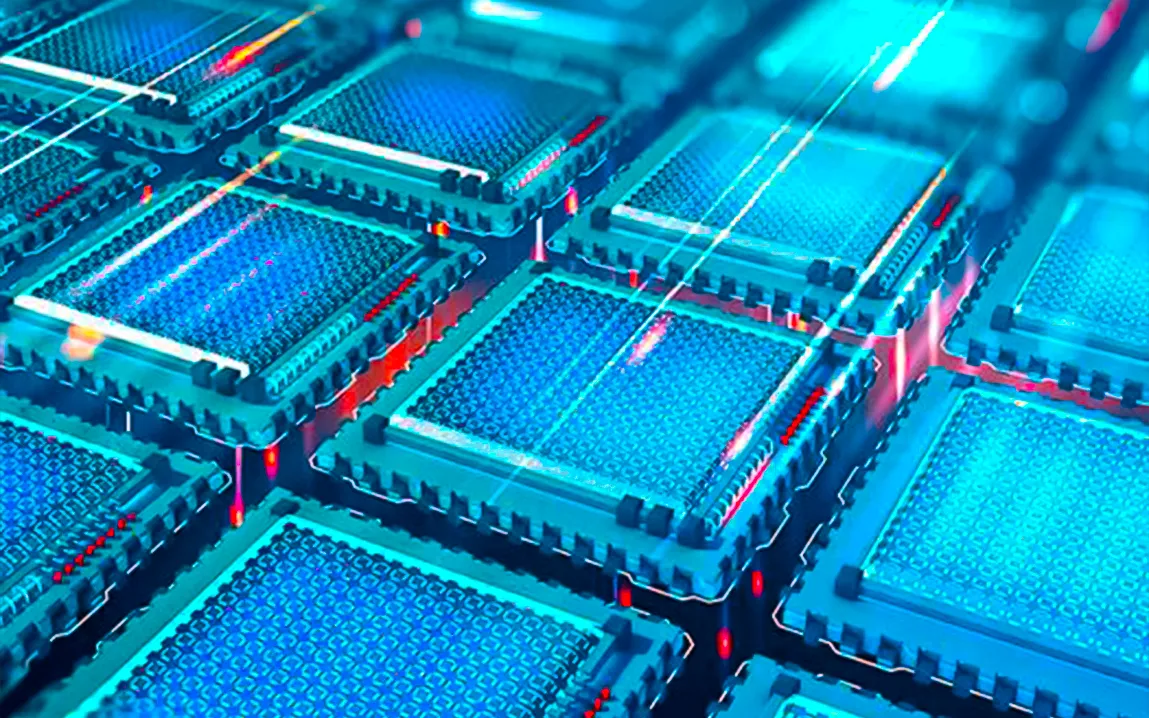The European Commission is investing €3 million in developing a quantum chip that combines electronics and photonics using advanced Germanium-Silicon technology to improve quantum computer scalability.
The European Commission has announced a €3 million investment to develop an innovative quantum chip that integrates electronics and photonics using advanced Germanium-Silicon (GeSi) technology. This initiative, supported by the Quantum Flagship’s ONCHIPS consortium, aims to enhance the speed, efficiency, and scalability of quantum computers, enabling them to address complex challenges in fields such as drug discovery, cybersecurity, and artificial intelligence.
A significant hurdle in scaling quantum computers is the limited interaction between qubits, the fundamental units of quantum information. As the number of qubits increases, facilitating effective communication among them becomes increasingly complex. To overcome this, the ONCHIPS team is leveraging GeSi, a material whose efficient light-emitting properties were discovered in 2020. By combining spin qubits for computation with photonics for communication on a GeSi platform compatible with traditional CMOS manufacturing, the project seeks to bridge the gap between processing quantum information and transmitting it over long distances.
The consortium employs a ‘monolithic integration’ technique, creating the entire chip simultaneously to reduce size and complexity, thereby facilitating scalability. This approach integrates all components, including qubits, communication pathways, and supporting electronics, into a single piece of material. By utilizing existing CMOS technology, the new quantum chips are poised for mass production, potentially reducing reliance on imported advanced chips and contributing to Europe’s technological sovereignty.
The ONCHIPS consortium comprises leading European institutions, including the University of Twente (Netherlands), Technical University of Eindhoven (Netherlands), Technical University of Munich (Germany), Centre National de la Recherche Scientifique (France), University of Konstanz (Germany), Budapest University of Technology and Economics (Hungary), and the Dutch company Single Quantum BV. The project is scheduled to conclude in 2026, with the goal of laying the foundation for a new class of quantum hardware that integrates advanced materials in unprecedented ways.



